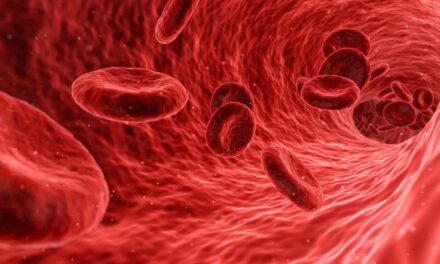XI’AN, China – A 69-year-old Chinese woman has become the third person globally to receive a gene-edited pig kidney, with doctors reporting positive results nearly three weeks post-surgery. The groundbreaking procedure, performed at Xijing Hospital of the Fourth Military Medical University in Xi’an, marks another significant step in the ongoing effort to address the critical shortage of human organs for transplantation.
The patient, who had been suffering from kidney failure for eight years, underwent the operation under the care of a team led by Dr. Lin Wang. According to reports from NBC News, the transplanted kidney is functioning effectively, and the patient remains under close observation in the hospital.
This surgery is part of a growing field of research known as xenotransplantation, which explores the use of genetically modified animal organs to save human lives. To date, four individuals have received pig kidneys, and two have received pig hearts. While some early attempts resulted in short-lived outcomes, recent cases, including a woman in Alabama and a man in New Hampshire, have shown promising results.
Dr. Wang and his team are also exploring the potential of pig liver transplants. In a study published in the journal Nature on March 26th, they detailed the successful implantation of a pig liver into a brain-dead individual. The liver remained viable for 10 days, demonstrating early signs of functionality by producing bile and albumin, albeit in smaller quantities compared to a human liver. Dr. Wang suggests that even these reduced levels could offer crucial support for patients suffering from liver failure.
U.S. researchers have also been investigating similar approaches, including the use of pig livers as external filtration devices akin to dialysis machines.
“It’s hopefully a first step, but it’s still a lot like any good research, more questions than answers,” commented Dr. Parsia Vagefi, a liver transplant surgeon at UT Southwestern Medical Center, who was not involved in the study.
Dr. Wang’s team has also conducted a full pig liver replacement in another brain-dead individual and is currently analyzing the results of that procedure.
The U.S. Food and Drug Administration (FDA) provides further information on xenotransplantation.
Disclaimer: This article is based on information available at the time of writing and should not be considered medical advice. Xenotransplantation is an experimental field, and long-term outcomes are still being studied. Readers should consult with qualified medical professionals for any health concerns or before making any decisions related to their health or treatment.(
More information: The U.S. Food and Drug Administration has more on xenotransplantation.












